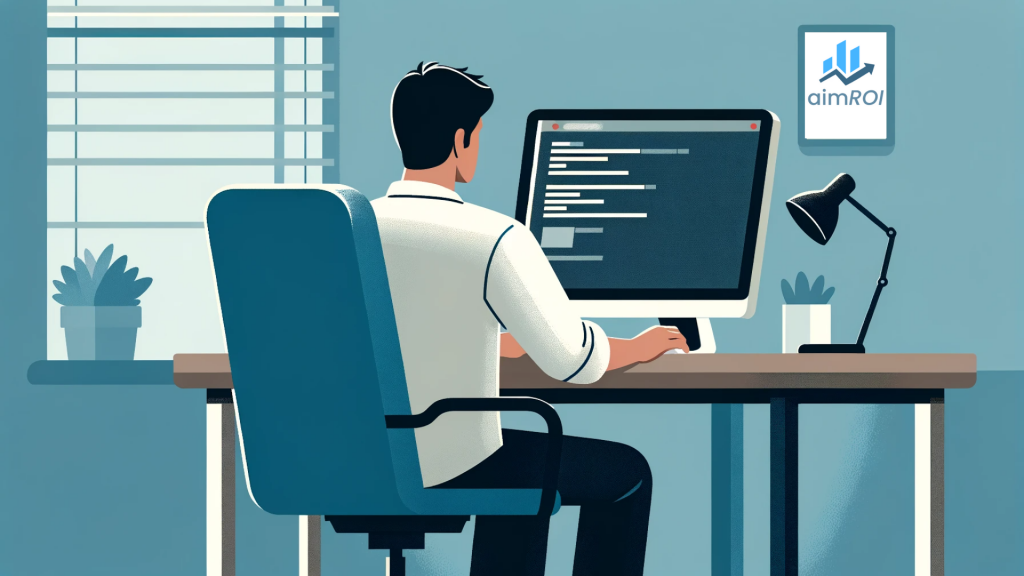I recently had a discussion with a programmer friend about how AI is changing the way we write software. This conversation led me to wonder: Is AI truly on the verge of radically transforming programming as we know it?
It’s true that AI is still in its early stages and makes mistakes, but it’s already showing us a future where knowing a programming language might not be essential.
Understanding the AI Revolution in Programming
The world of programming is on the brink of a major transformation. Here’s why:
- AI’s Growing Role: AI tools can now understand requests in plain language and turn them into complex code. This is a game-changer because it makes programming more about giving instructions to the AI and less about writing every line of code yourself.
- The User-Friendly Approach: Unlike learning traditional programming languages, which can be tough and time-consuming, using AI is simpler. This could open up programming to many more people.
What Does This Mean for Programmers?
This shift is exciting, but it also raises big questions about the future of programming as a job:
- Less Focus on Language Skills: If AI can handle the detailed coding work, the need for deep knowledge of programming languages might decrease.
- New Skills Needed: Programmers might need to get better at defining problems clearly and understanding the solutions that AI comes up with.
The Debate: Good or Bad for Programming?
People in the tech world have mixed feelings about AI in programming:
- Efficiency vs. Originality: Some say AI will make coding faster and easier. Others worry it might not be able to match the creative ways humans solve problems.
- Can We Trust AI-Generated Code?: There are also worries about how accurate AI is, especially for important or complex projects.
How Programming Could Change
Looking ahead, the role of programmers is likely to evolve:
- Working Together with AI: It already exists today, however, we might see more teamwork between AI and human programmers. AI can handle the coding quickly, while humans bring their understanding and problem-solving skills.
- A Shift in Learning: Learning to code might focus less on specific languages and more on how to effectively use AI tools.
Additional Points to Consider
- The Impact on Jobs: As AI takes on more coding tasks, what will this mean for jobs in programming? Will there be fewer jobs, or will the nature of these jobs just change?
- Ethical Considerations: There’s also the ethical side of AI in programming. How do we ensure that AI is used responsibly and fairly in coding?
- Long-Term Effects: What will the long-term impact be on the tech industry and on the innovations we see in software?
Embracing the Change or Holding On?
The possibility that AI could make traditional programming not as critical is both exciting and a bit unsettling. As we approach this new phase, one thing is clear: the way we code is changing. The big question is, how fast we will adopt this change!
Looking forward to hearing what you think about this potential shift in the programming world!
Vladimir

